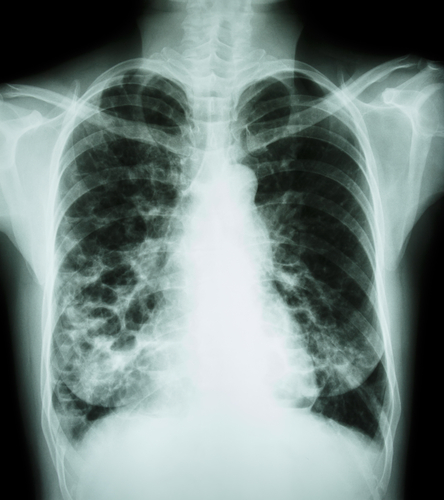
One of the obstacles that pharmaceutical companies and researchers face in the development of new therapeutics is bacterial mutation. Some medications take, on average, a decade of testing and rigorous filing for regulatory approval, only to be met with evolved and tougher strains of bacteria that will only be sensitive to a new formulation. A team of scientists from the University of Birmingham in England recently discovered a new bacterial defense mechanism that may offer them the ability to neutralize antibodies and use them to their advantage in order to advance new medications.
A Pseudomonas infection can be difficult to treat and can inflict significant lung damage, especially in people with impaired airway clearance. A condition called bronchiectasis can result from a prolonged, poorly managed infection, and it manifests as a persistent cough, accompanied by dyspnea and angina.
In this study, currently published in The Journal of Experimental Medicine, researchers analyzed blood samples from bronchiectasis patients with an active Pseudomonas infection and reduced lung function. They found elevated levels of IgG2 in the patients’ systems, which rendered the immune system useless against the bacteria. These specific antibodies attached themselves to sugar chains along the bacteria’s surface, “distracting” bactericidal complement proteins and helping preserve the bacteria. This discovery of antibodies having more affinity to bacterial sugar chains prompts many questions in the research and development of antibiotics, vaccines, and immunotherapy.
[adrotate group=”6″]
A respiratory infection from Pseudomonas aeruginosa is a serious concern among individuals with cystic fibrosis (CF) — a genetic condition that causes copious amounts of mucus to build up in lung passages — as well. In related news, clinical stage biotechnology company GlycoMimetics, Inc. develops drugs that mimic the molecular structure of carbohydrates involved in important biological processes. Their leading pipeline treatment for this infection is GMI-1051 – formulated to target specific virulence factors that determine the bacteria’s growth and resistance, and in studies that involved animal models, was able to enhance the host body’s immunity, clearance of the pathogen, and odds of survival compared to being treated solely with antibiotics.

